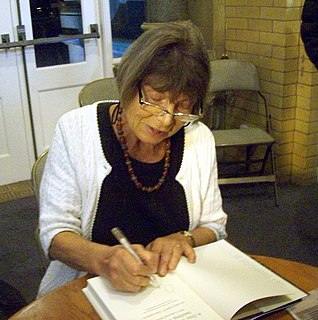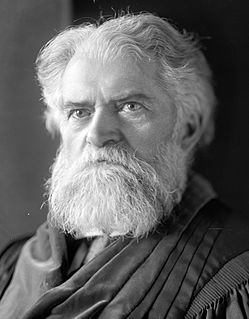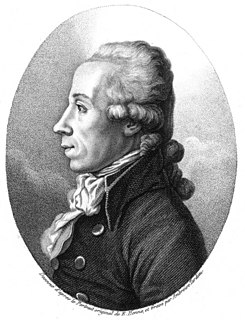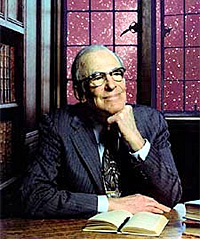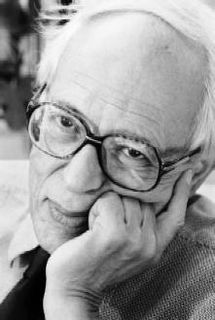A Quote by Jean Anthelme Brillat-Savarin
The discovery of a new dish confers more happiness on humanity, than the discovery of a new star.
Related Quotes
[Pitchblende] consists of a peculiar, distinct, metallic substance. Therefore its former denominations, Pechblende, pitch-iron-ore, &c. are no longer applicable, and must be supplied by another more appropriate name. I have chosen that of Uranium, as a kind of memorial, that the chemical discovery of this new metal happened in the period of astronomical discovery of the new planet Uranus.
Astronomy may be revolutionized more than any other field of science by observations from above the atmosphere. Study of the planets, the Sun, the stars, and the rarified matter in space should all be profoundly influenced by measurements from balloons, rockets, probes and satellites. ... In a new adventure of discovery no one can foretell what will be found, and it is probably safe to predict that the most important new discovery that will be made with flying telescopes will be quite unexpected and unforeseen.
The routine of custom tends to deaden even scientific inquiry; it stands in the way of discovery and of the active scientific worker. For discovery and inquiry are synonymous as an occupation. Science is a pursuit, not a coming into possession of the immutable; new theories as points of view are more prized than discoveries that quantitatively increase the store on hand.
Discovery is new beginning. It is the origin of new rules that supplement, or even supplant, the old. Genius is creative. It is genius precisely because it disregards established routines, because it originates the novelties that will be the routines of the future. Were there rules for discovery, then discoveries would be mere conclusions.
So the history of discovery, particularly cosmic discovery, but discovery in general, scientific discovery, is one where at any given moment, there's a frontier. And there tends to be an urge for people, especially religious people, to assert that across that boundary, into the unknown, lies the handiwork of God. This shows up a lot.


